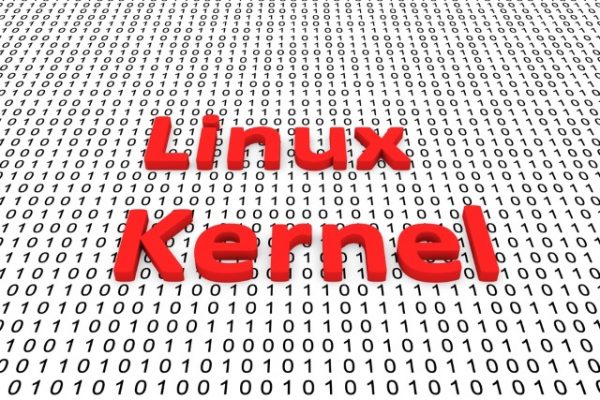Linux 6.12 officially released

Linus Torvalds has officially released Linux 6.12, confirming that the last week of development went as planned, allowing the project to stick to its typical release schedule. Torvalds mentioned that the merge window for the next development phase is opening, and he acknowledged the developers who submitted their pull requests early. He asked users to test this release to ensure no unnoticed issues remain before integrating further changes.
Linux 6.12 is packed with fixes and refinements aimed at improving stability and performance. While there are no major overhauls in this version, it does bring a substantial number of changes spread across different areas of the kernel. Developers worked on CPU architectures, GPU drivers, network functionalities, and memory management to address various bugs and make minor improvements.
Among the noteworthy updates are fixes for AMD and Intel graphics drivers. These include adjustments for video encoding capabilities and enhancements in memory handling to improve reliability. The ARM architecture also received updates, with corrections related to kernel memory mapping and SMP support, which help ensure smoother operation. Virtualization got attention too, with KVM improvements aimed at preventing memory leaks and fixing guest context handling.
Networking received its share of improvements as well. This includes patches to fix potential use-after-free vulnerabilities and tweaks to improve multicast handling in bonded network interfaces. There were also updates to the network self-test features for better diagnostics. File system and storage updates included a fix for swapfile management on rotational drives and a series of optimizations in bcachefs, a relatively new Linux-native file system.
This release shows the dedication and hard work of the open-source community. Developers from all over have contributed to making Linux 6.12 a solid update that emphasizes stability and practical improvements. It’s part of the ongoing effort to keep the Linux kernel dependable and adaptable for various platforms and use cases.
Image credit: Profit_Image / Shutterstock
